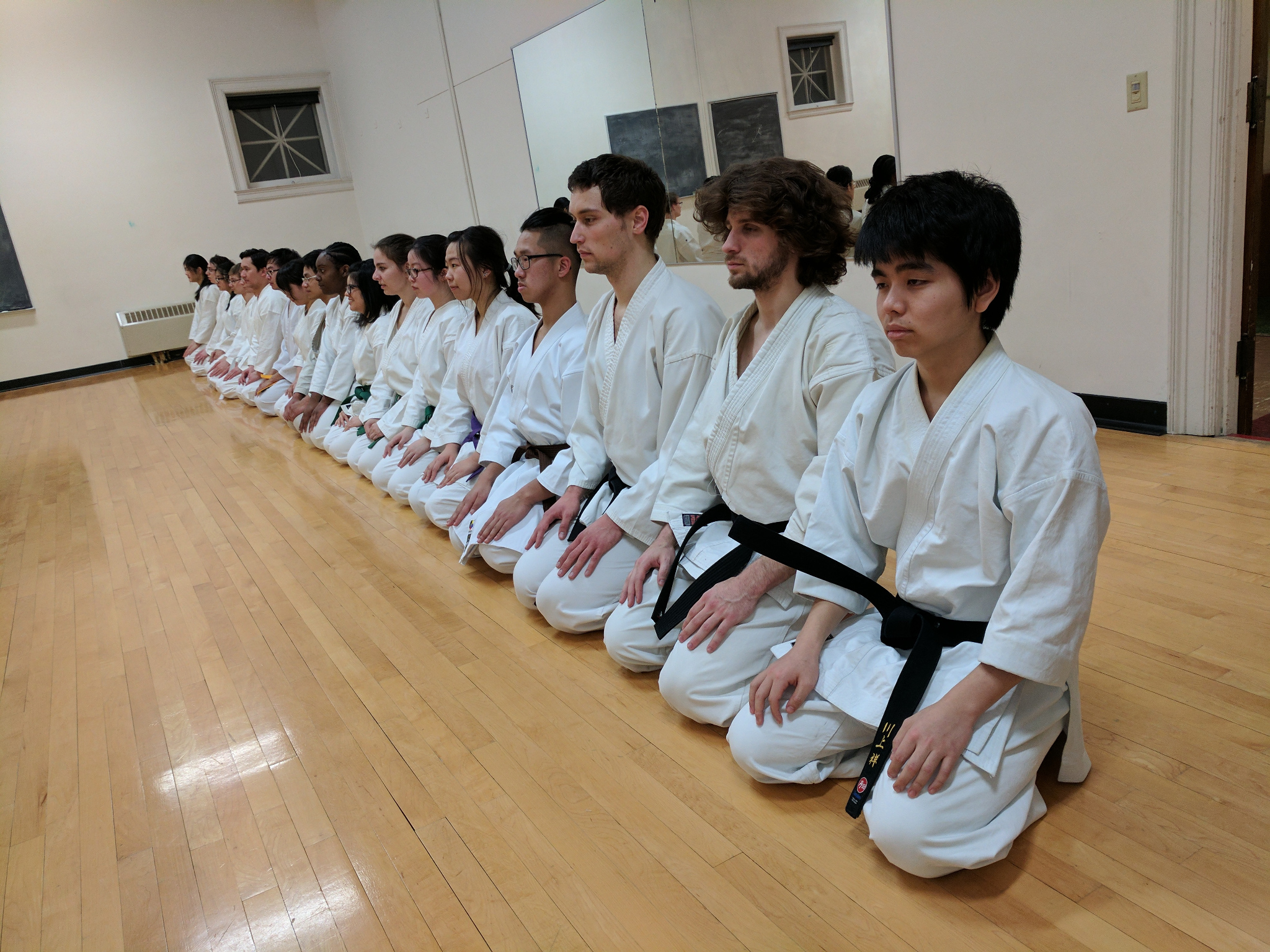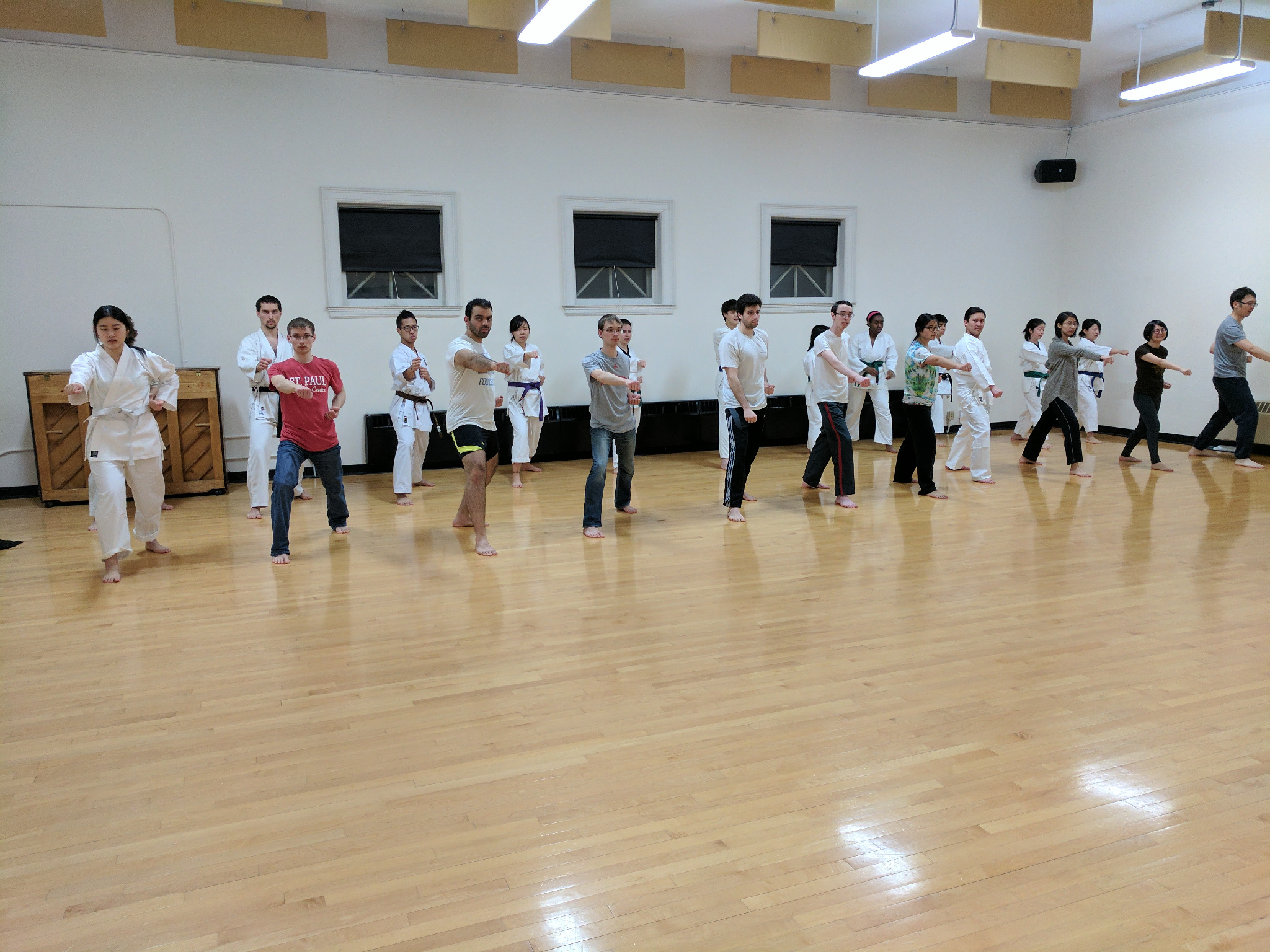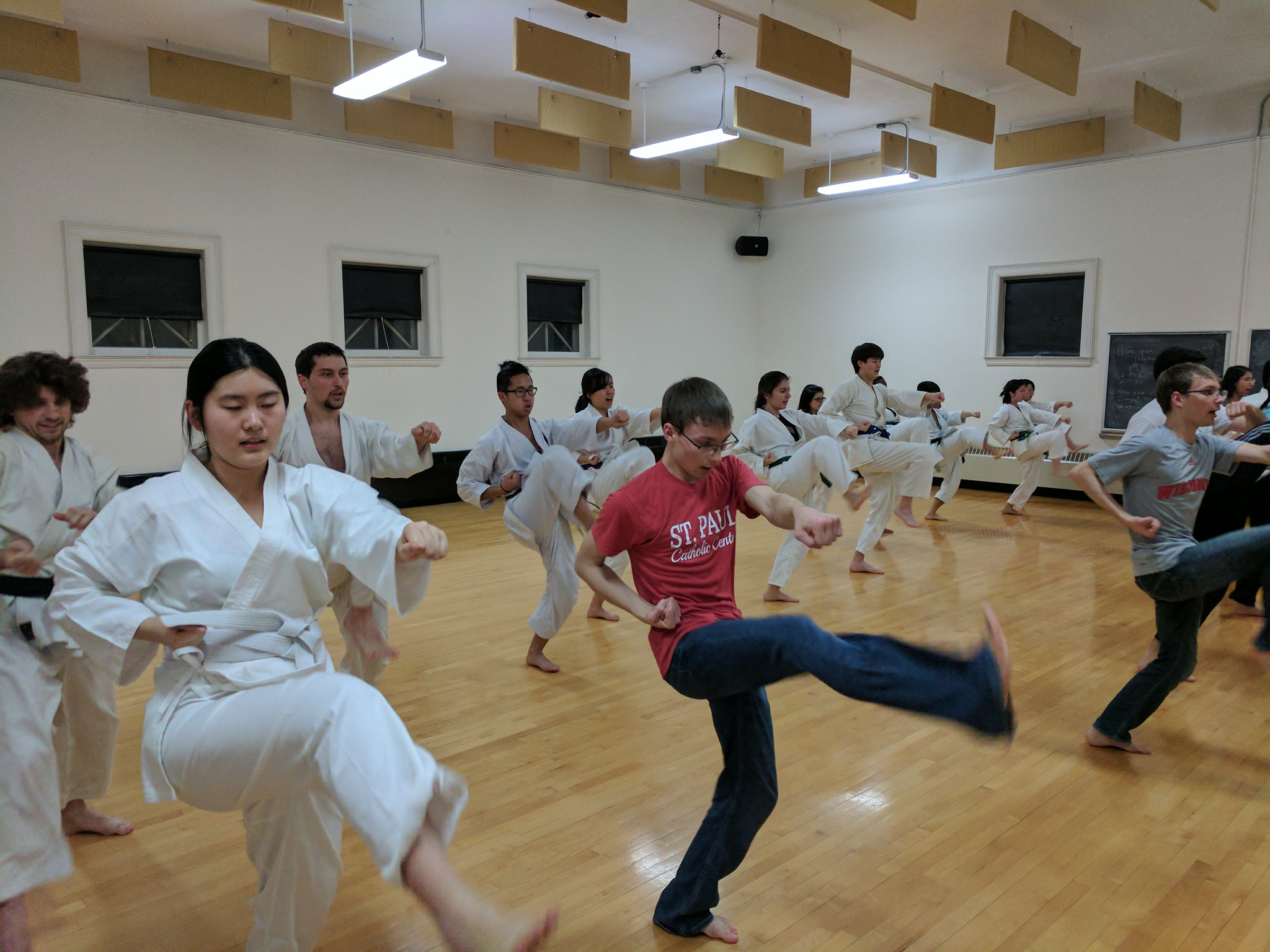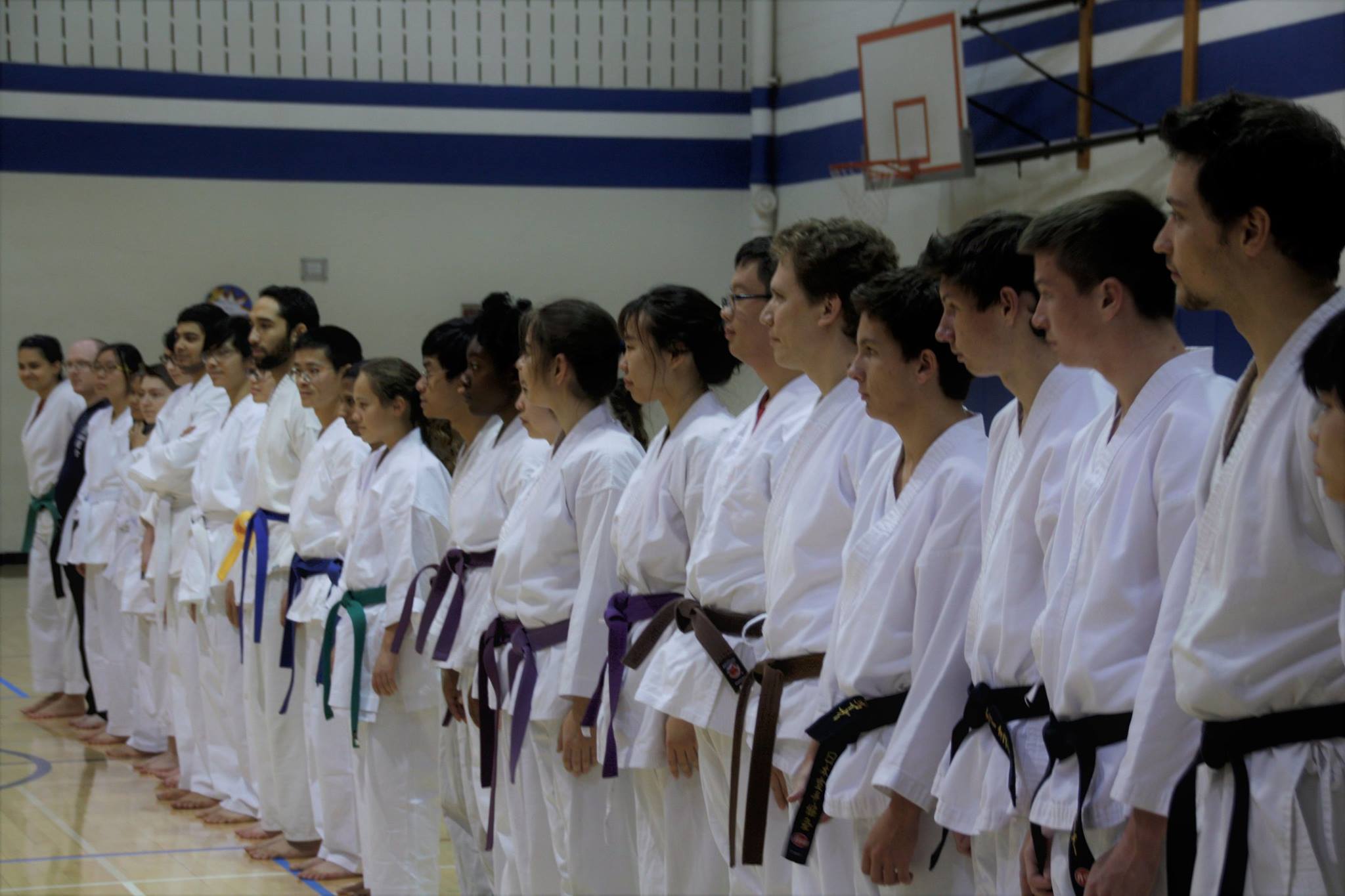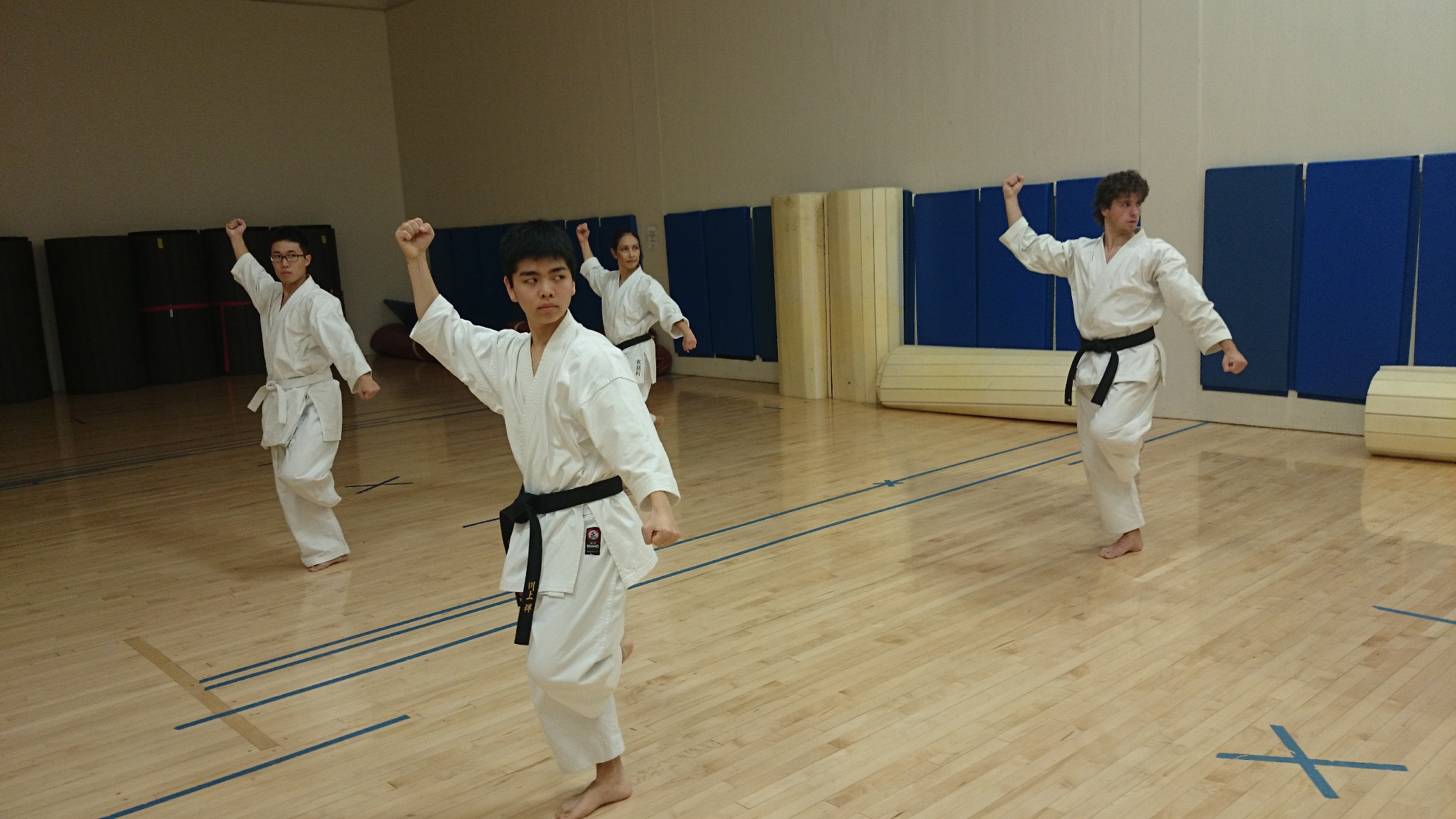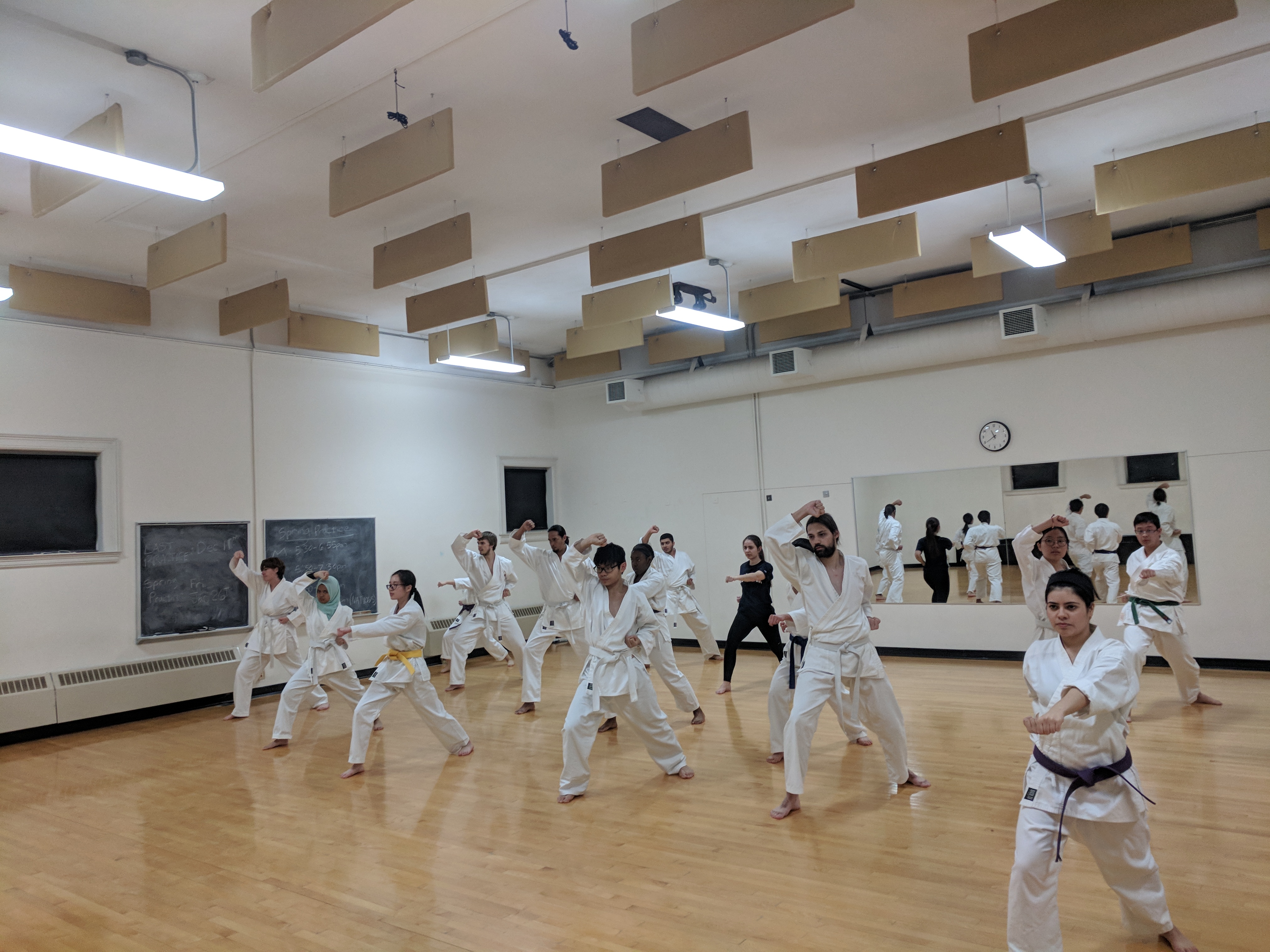About Our club
The Madison Japanese Karate Club is a student organization, part of the UW-Madison Recreational Sports program. We train in the Shotokan style of karate, following the principles of Traditional Karate-Do as developed by Sensei Sugiyama and Sensei Nishiyama, and promoted by the American Amateur Karate Federation (AAKF) and the World Traditional Karate-Do Federation (WTKF).
Training at the club
In addition to regular club practices (3 or 4 times a week), the club also organizes and participates in multiple seminars and tournaments. These additional training opportunities give exposure to national and international karate masters, and contribute to the development of all levels. We aim to practice year-around, providing continuity in the training of our members.
Club history
Our club has been around for more than half a century. Started in the early to mid-sixties by a Naval Reserve Officer, known only as The Captain, the club moved from the Old Naval Reserve Armory on East Washington Avenue to the University of Wisconsin-Madison campus in 1976 to become a student organization, and a sports club. Read more
History of Traditional Karate
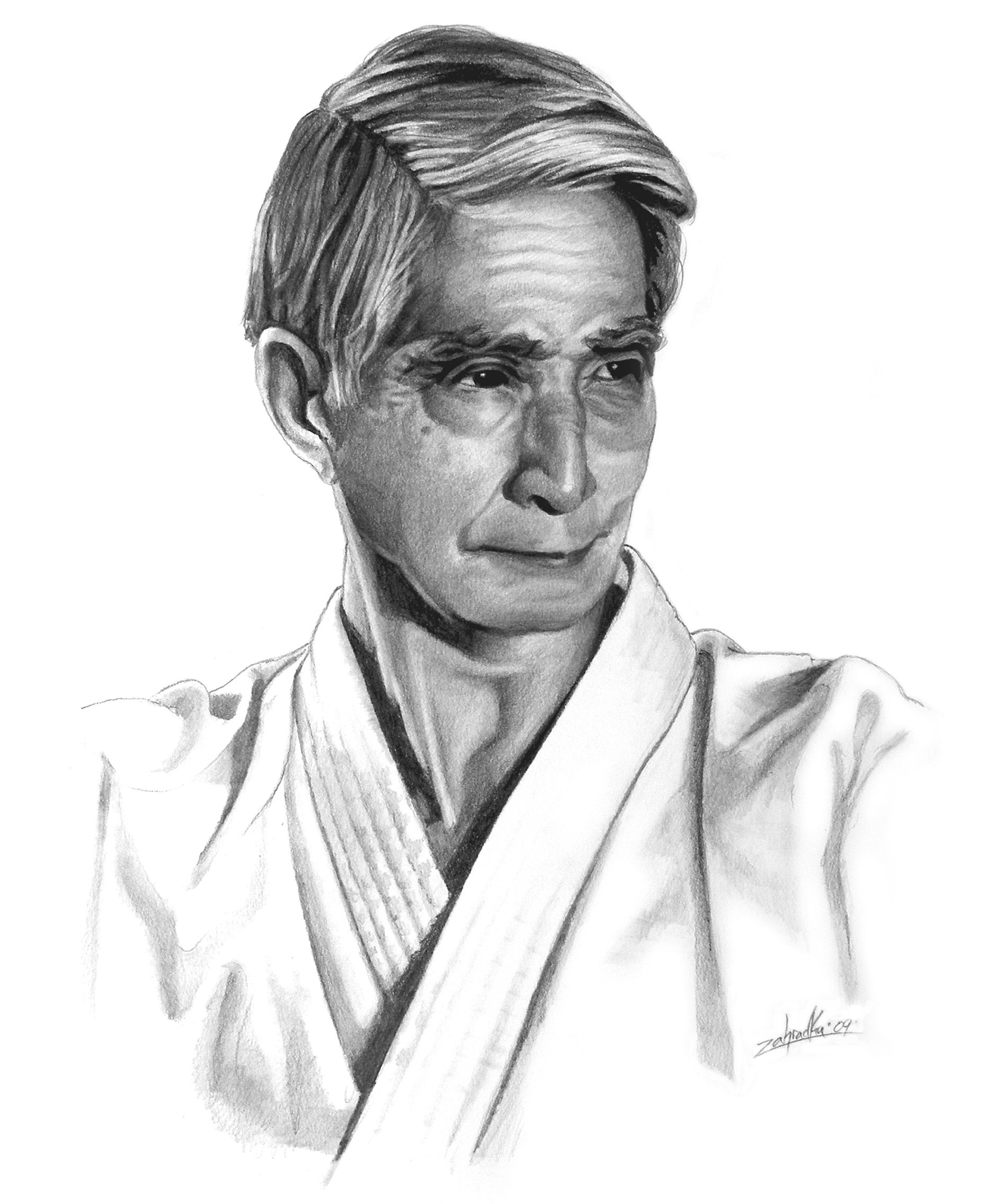 Sensei Nishiyama.
Sensei Nishiyama.
Sensei Hidetaka Nishiyama, 1928-2008
Karate up to the end of the 19th century had been transmitted as a secret fighting method that could be used in the place of weapons. In 1922 Gichin Funakoshi introduced Karate to Japan. Karate was analyzed, polished and changed more into an art than merely a method of fighting. More emphasis was placed upon Karate’s spiritual aspects for control of one’s physical and emotional abilities. Karate’s ultimate meaning is the perfection of one’s character through vigorous and serious training.
Sensei Hidetaka Nishiyama further developed the link between Karate Do and the other Japanese Martial Arts (Budo). He used the term Dento Karate Do to emphasize the core of the martial art, and devoted his life to making sure that Traditional Karate Do competition (Shiai) contributes to the development of the individual practitioner as a martial artist and that competition does not become the sole emphasis of training. Read more
Some Thoughts on Karate
 Kanji for Mushin.
Kanji for Mushin.
Mushin (Mind without mind)
Our club has been part of the Great Lakes Region of the JKA and the AAKF since its very early days. The region was founded and led by Sensei Shojiro Sugiyama, and his impact on the development of the club is still strong today. The following bits and pieces are from different editions of his book "Karate: Synchronization of Body and Mind"Read more
Karate or Karate-Do?
Recently, many people have begun using the term Karate-do instead of just Karate. Why? The reason arises from the fact that all Japanese martial arts emphasize mental values more than physical ones.
For example, Japanese sword fighting is called Ken-do instead of Ken-jitsu. The term Ju-do is used instead of Ju-Jitsu and Aiki-do is used instead of Aiki-Jitsu. The difference becomes clear when we understand that in Japanese, Jitsu simply means a technique while do means a way of life. The famous philosopher Confucius (551-478 B.C.) uses the concept of do in a saying which reveals the depth of its meaning. Confucius said, "If I could be taught in the morning how a human being should live his life, I could die that very evening." In this saying the term "how a human being should live his life" is described by the Chinese equivalent of the term "do."
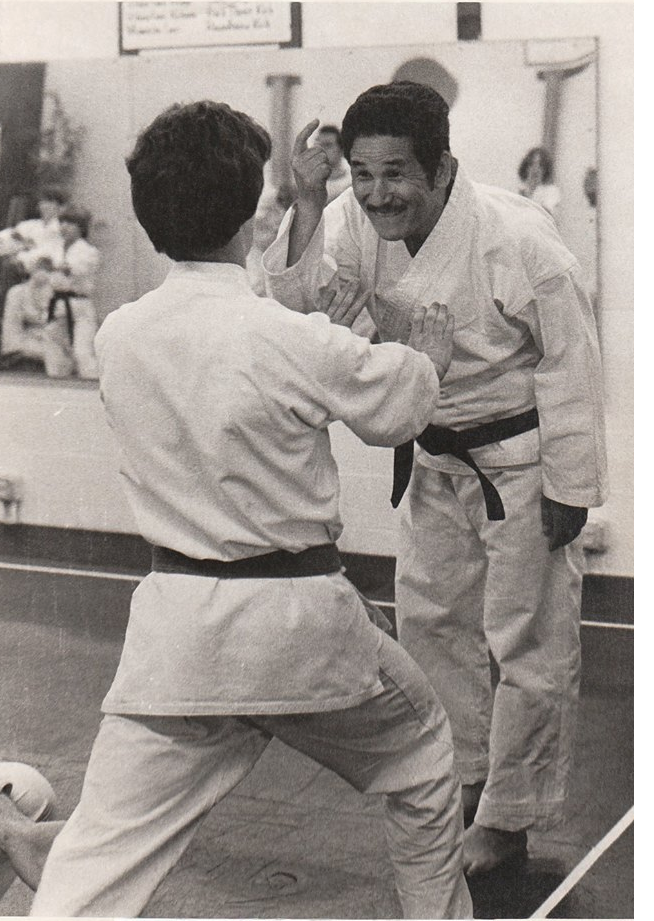 Sensei Sugiyama.
Sensei Sugiyama.
Sensei Shojiro Sugiyama, 1929-2015
Japanese martial artists have found that there's a limit to how far physical development can carry you, and to get beyond that limit you have to depend on mental development. Therefore, they try to live and control their lives by the mental development and the mental concepts they practice. When the weaponless combat technique of Okinawa was introduced on the Japanese mainland by Ven. G. Funakoshi, it was strongly influenced by the Japanese Zen philosophy as were other martial arts.
This influence has meant that Karate goes far beyond mere fighting techniques. In fact, the word "Karate" represents the essence of the Zen philosophy. It implies the process or act of ridding one's self of one's ego - of attaining a state of mind that is affected by nothing... a state of mind that is, in itself, state of nothingness.
Reflecting this, Ven. G. Funakoshi said that "the ultimate goal of Karate does not lie in victory but in perfection of the character of the participants." It is to emphasize this belief and philosophy that people use the term "Karate-do" instead of just "Karate". But, whichever term you use, the real meaning is understood when, after much practice, you finally do arrive at that state of mind which is disturbed by nothing.
That nothingness means that you can concentrate better because you're not disturbed by by things going on outside your mind and body. This is concentration you can use not only in Karate but in other areas of your life as well.
What is Karate (physically)?
Karate is a weaponless martial art which can also be enjoyed as a sport. Every part of body is used as a weapon to punch, kick, strike and throw the opponent.
What is the difference between Karate and the other weaponless martial arts?
The first principle of Karate is to dispatch one's opponent with one blow and wager one's life on that blow.
How can you create this much power in karate?
Through kime (focus). In basic training, we practice synchronizing the entire body to support one point which contacts the opponent's body for one moment only. We try to concentrate all our power on that one point.
Karate, mental aspect:
We think that there are limits to the strength of our body and mind without really trying hard to find these limits. With proper training, these mental and physical barriers can be removed to reveal surprising power which we never expected. Karate is a Japanese martial art (Bu-Do), which was devised to overcome our weaknesses and limitations by bringing out our hidden or unnoticed potential.
What is the difference between self-defense and a Japanese Martial Art?
When acting in self-defense, you are acting in your own interest. You, yourself, are the subject to be protected. This, of course, is instinctive and easy to do. When practicing a Japanese martial art, someone else or something greater than yourself is the subject to be protected. This means you must have a altruistic love of others instead of just an egotistical love for yourself. This is the Gedatsu of Buddhism which means "getting out of yourself."
Which is better?
In fighting (not only physical competition, but commercial and mental competition as in business, school, etc.) if you think first about your own personal safety or well-being, you will worry and wonder what to do. Often you cannot make a decision properly or quickly and will miss the good chances. But if you deny your existence in this world and act for love (your honor, loved ones, country, people, etc.) you will be decisive and be able to focus great power.
The word Karate is derived from "nothingness" (mu) of Zen Buddhism. This "nothingness" is freedom from the psychological obstruction of fear coupled with complete ability and disposition to use physical techniques. Mu is the very essence of Karate.
Leadership
Club Officers
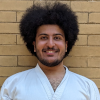 Saud AlJuhani
Saud AlJuhani
Club President: Saud "SJ" AlJuhani
SJ joined the club in the Fall of 2022.
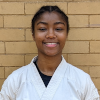 Adrienne Simpson
Adrienne Simpson
Club Treasurer: Adrienne Simpson
Adrienne joined the club in the Spring of 2022.
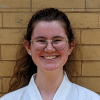 Zoe Howard
Zoe Howard
Club Vice-Treasurer: Zoe Howard
Zoe joined the club in the Fall of 2021.
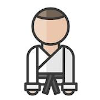 Evrim Fer
Evrim Fer
Membership Coordinator: Evrim Fer
Alex joined the club in the Spring of 2019.
 Ethan Wilke
Ethan Wilke
Equipment Coordinator: Ethan Wilke
Ethan joined the club in the Fall of 2021.
Club Instructors
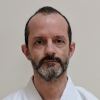 Vassil Peytchev
Vassil Peytchev
Head Instructor: Vassil Peytchev
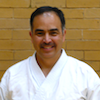 Ben Marquez
Ben Marquez
Instructor/Faculty Advisor: Prof. Ben Marquez
 Saud AlJuhani
Saud AlJuhani
Instructor: Saud AlJuhani
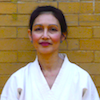 Yayuk Darjatmoko
Yayuk Darjatmoko

